A·S·A·P Plastics Services
ASAP Plastics is a plastic fabricating company, established on Queensland's Sunshine Coast in 1982. Our dedicated team specialise in plastic fabrication, thermo & vacuum forming and moulding, CNC router work including computer-aided design, and much more. We also specialise in stainless steel, aluminium, and timber CNC routing.
CNC Routing
Computer Numeric Controlled (CNC) cutting, commonly known as CNC routing, is the ideal process for signage and lettering. CNC routing is also the first process step for manufacturing and plastic fabrications. Virtually any rigid plastic can be processed using CNC Routing.
You draw and we make your design a reality. We are there to supply every client a unique, accurate and economical job that everyone can be proud of.
We can machine basically anything out of a flat sheet, including: plastics, wood, aluminium up to 50 mm thickness and stainless steel up to 1.5 mm thick.
Our CNC Router comprises:
- An oversize bed 1600 mm x 3600 mm
- the ability to machine materials up to 100 mm thick
- efficient processing software to achieve quick programming and setups
Laser Cutting
ASAP Plastics provide precision laser cutting services.
Please contact us for more information.
Fabrication
Fabrication is a generic term and often applied to all aspects of sheet plastic processing, including manufacturing, fixing and polishing.
Our plastic fabrication department produces a wide range of items – if you can imagine it, if you can draw it, we can fabricate it!
We use all available plastics. Some, including Polypropylene, PVC, Polycarbonate, PETG and ABS, can be welded. We also fabricate items that require gluing or fixing with screws. All items we fabricate are pre-machined in our shop to guarantee accuracy and finish.
In addition to welding, we can fix plastic components together using either chemical bonding or mechanical fixing.
Chemical bonding provides extreme mechanical strength and is used with face, mitre, lap and butt joints. It is a reasonably quick process and results in clean-looking joints on clear materials, which does not 'contaminate' the plastic with metal parts.
Mechanical fixing is generally used when superior mechanical strength is required and is achieved with a range of well-known fasteners.
Both chemical bonding and mechanical fixing can be combined to achieve extreme strength if required.
Edge polishing is used to provide a glossy look and is mainly used for acrylic components, because their polished appearance provides a good look for visual applications. We flame polish or wet sand and buff for a highly polished edge.
All items are fabricated to the highest quality and standards.
Line Bending
Plastic bending can be accomplished using several techniques. Line bending is an efficient process for creating one or more tight radius bends in most formable sheet plastics. Our heat bending facilities are up to 2000 mm long.
Production can be from drawings, or a design brief and we will take it from there, advising on construction and materials to be used.
The main benefits of line bending are:
- straight bends are produced very efficiently
- set up costs are low
- no tooling is involved
Thermo & Vacuum Forming
Thermo forming is a manufacturing process whereby a plastic sheet is heated to a pliable forming temperature, then formed to a specific shape in a mould, and trimmed to create a usable product. The sheet is heated in an oven to a temperature where it can be stretched into or onto a mould and cooled to a finished shape.
In its simplest form, a small tabletop or lab size machine can be used to heat small cut sections of plastic sheet and stretch it over a mould using vacuum. This method is often used for sample and prototype parts. In complex and high-volume applications, very large production machines are utilised to heat and form the plastic sheet and trim the formed parts from the sheet in a continuous high-speed process, and can produce a multitude of parts depending on customer requirements.
The most common mold materials are aluminum, epoxy and wood (MDF). The material is held against the mold surface and slowly cooled.
Typical examples of thermo forming are components for the industrial, automotive, electronics and marine industries, such as:
- Point of Sale Displays, Brochure holders, Sneeze Guards, Cylinders
- Boat Windscreens, Car Dashboards, Bus Cockpits

